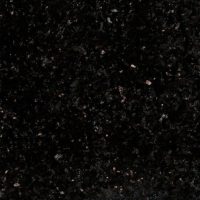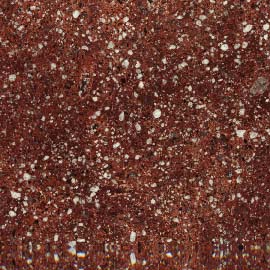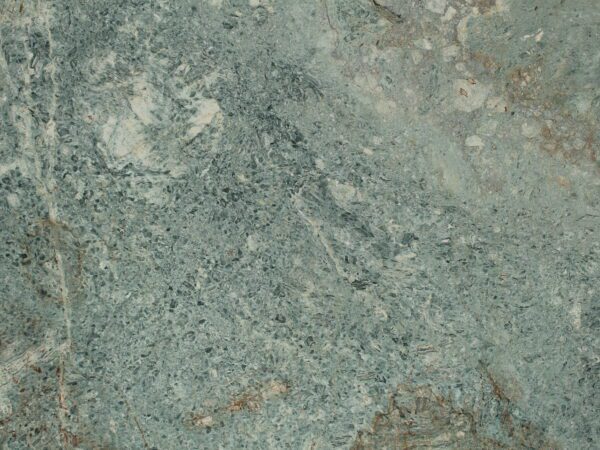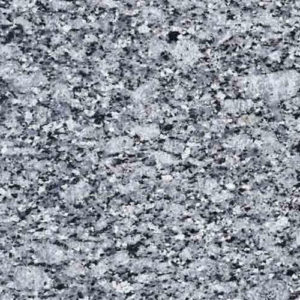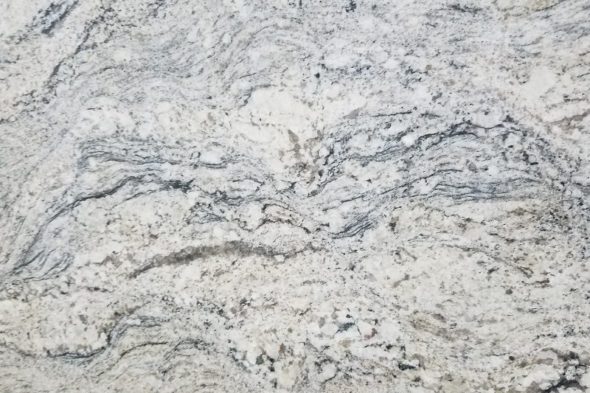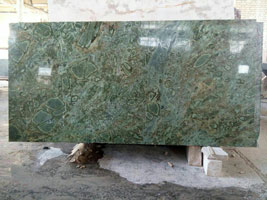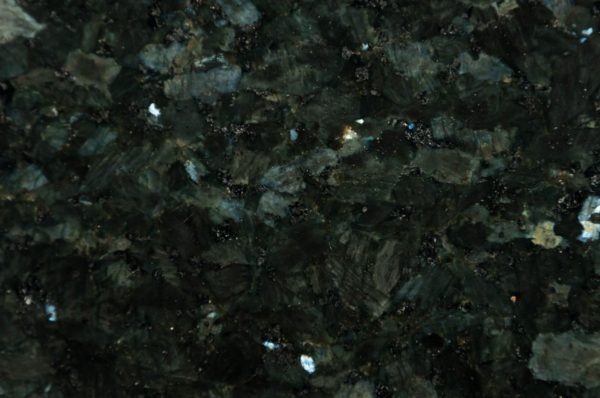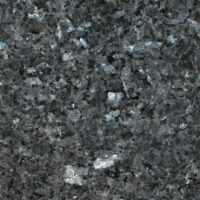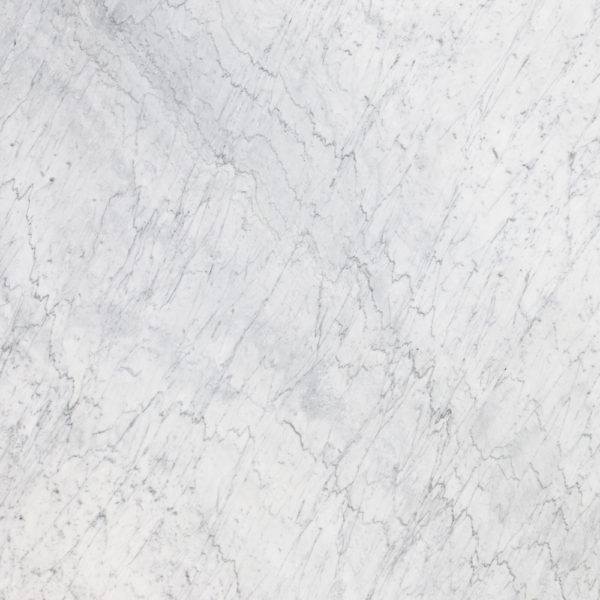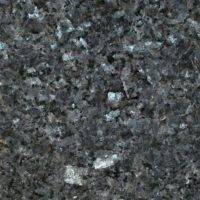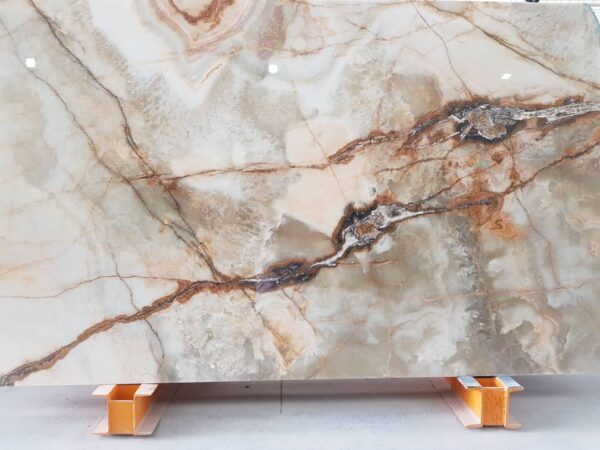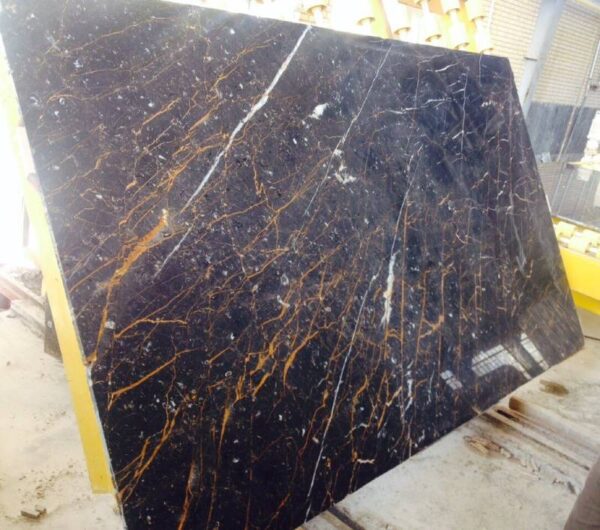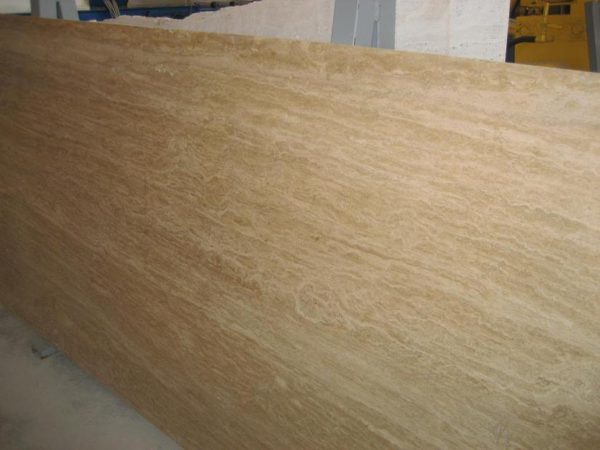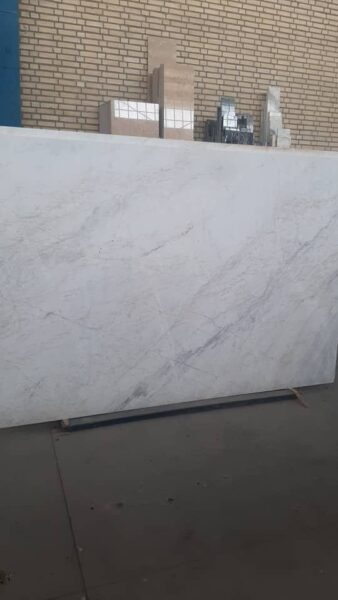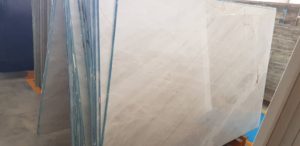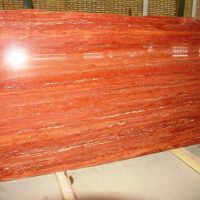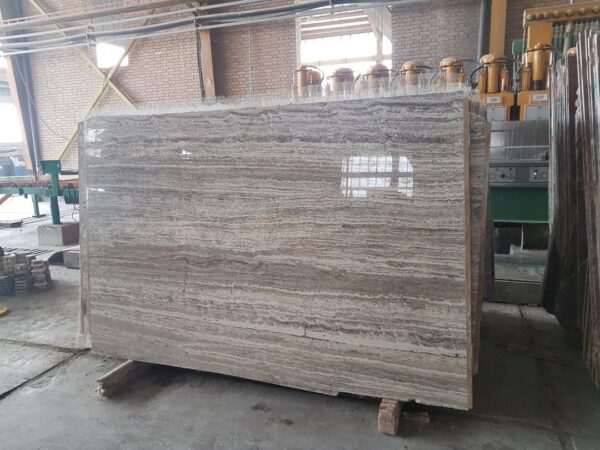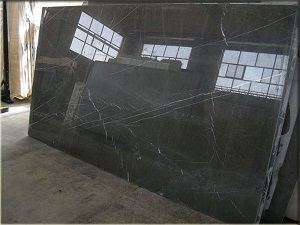Enhance Your Space with Timeless Elegance
Choosing the Best Granite Colors for Your Kitchen
When designing or renovating a kitchen, selecting the right granite color is crucial. Granite is known for its durability, beauty, and versatility, but the color you choose can make or break the overall ambiance of your space. Whether you prefer a classic, modern, or bold look, finding the best color granite for your kitchen will transform it into a stunning and functional area.
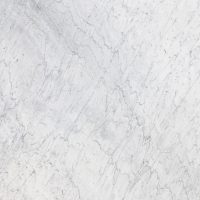


In this article, we’ll guide you through the most popular granite colors and how they can complement different kitchen styles.
Popular Granite Colors for Kitchen Countertops
1. White Granite: Clean and Elegant
White granite is a timeless choice that creates a clean, airy, and bright atmosphere in the kitchen. It works well in both modern and traditional designs, providing a fresh, sophisticated look. White granite often has beautiful flecks or veins of black, grey, or gold, giving it a unique texture that pairs well with any cabinetry color.
https://www.rockstone.biz/natural-granite-stone-manufacturer/
Key Benefits:
- Enhances the brightness of smaller kitchens.
- Matches easily with both light and dark cabinetry.
- Gives a clean and modern appearance.
Popular options include Alaska White, Bianco Antico, and Colonial White, each offering a different take on white granite with varied veining and speckles.
2. Black Granite: Bold and Luxurious
For those seeking a sleek, dramatic look, black granite is an excellent choice. This color creates a strong contrast with light-colored cabinetry or a monochrome modern look when paired with dark cabinets. Black granite countertops offer a sophisticated, high-end feel, especially in polished finishes that add a reflective shine to the space.
Key Benefits:
- Adds a dramatic, luxurious touch to the kitchen.
- Hides stains and dirt better than lighter colors.
- Perfect for creating bold contrasts.
Popular types include Absolute Black, Black Galaxy, and Impala Black, each offering subtle variations in texture and shine.
3. Grey Granite: Versatile and Contemporary
Grey granite is becoming increasingly popular due to its neutral, versatile tone that complements various kitchen styles, from contemporary to rustic. Whether you choose light grey for a minimalist look or darker shades for a more industrial feel, grey granite works well in almost any kitchen.
Key Benefits:
- Provides a neutral backdrop for bold accents.
- Works well with a variety of colors and finishes.
- Ideal for modern, contemporary, or transitional kitchens.
Popular choices include Steel Grey, Moon White, and New River White.
4. Brown Granite: Warm and Earthy
Brown granite offers warmth and depth, making it an ideal choice for traditional or rustic kitchen designs. It pairs well with wood cabinetry, adding a natural, earthy tone to the kitchen. Brown granite’s versatility allows it to work with light and dark woods, creating a cozy, inviting atmosphere.
iranian Light Brown Marble stone , tile or slab for export
Key Benefits:
- Creates a warm and welcoming environment.
- Works perfectly with wooden cabinets and natural tones.
- Adds richness and texture to traditional kitchens.
Popular brown granites include Baltic Brown, Tan Brown, and Tropic Brown.
How to Choose the Right Granite Color for Your Kitchen
Choosing the best granite color depends on your kitchen’s style, cabinetry color, and personal preference. Here are a few tips to guide your selection:
- Consider Your Kitchen Size: Light-colored granite, such as white or light grey, can make smaller kitchens feel more open and spacious, while darker colors like black or brown work best in larger kitchens.
- Think About Contrast: For a striking look, choose a granite color that contrasts with your cabinetry. Dark cabinets pair beautifully with lighter granite, while light cabinets can be enhanced with darker granite.
- Match Your Style: If you prefer a modern kitchen, opt for white, grey, or black granite. For a more traditional or rustic look, consider brown or tan granite.

